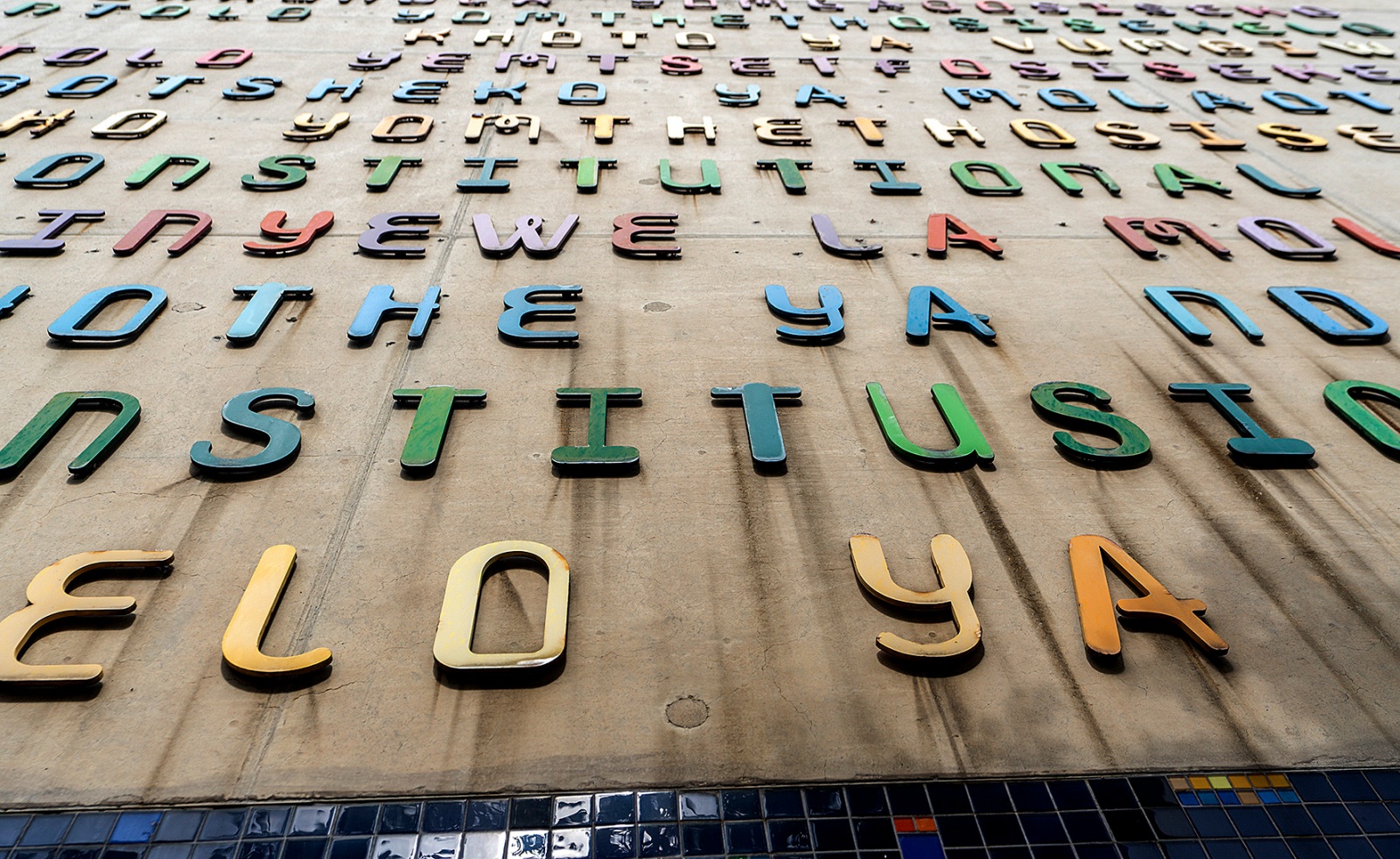The JSC interviews are always a matter of great public significance, and this round is no different. The JSC will be interviewing Justice Mahube Molemela, President Cyril Ramaphosa’s nominee to be the next head of the Supreme Court of Appeal (SCA). The SCA is the second-highest court in the country, and the head of the court is a significant figure in the leadership of the judiciary.
The JSC will also interview candidates to head the Mpumalanga High Court, and candidates for several vacancies on the Gauteng High Court, the country’s busiest high court. The interviews, and the judges who are recommended for appointment based on them, are therefore a matter that deserves our attention.
However, it could be argued that what is most significant about the April interviews is rather what will not be happening.
For the second consecutive round of interviews, the JSC has been unable to shortlist enough candidates for a position on the Constitutional Court, which has been open since October 2021. Additionally, the JSC was unable to shortlist any candidates for the position of Deputy Judge President of the Labour and Labour Appeal Court, a position that has been vacant for close to five years. There is also no shortlisted candidate for a vacancy on the Electoral Court.
It should concern us all that positions as important as these have not attracted enough candidates, especially as it is at least the fourth instance in recent years where the JSC has not been able to shortlist sufficient candidates to hold interviews for Constitutional Court vacancies.
During a question-and-answer session at this year’s annual Judiciary Day, Chief Justice Raymond Zondo indicated that the JSC was likely to discuss this issue at the April sitting, and such a discussion is clearly needed. Various explanations have been suggested for why candidates are not availing themselves, but it is hard to resist the conclusion that the conduct of recent interviews by the JSC has had a chilling effect and has deterred candidates from taking the risk of being subjected to the same treatment.
The April 2021 interviews for Constitutional Court positions had to be re-run in the face of a legal challenge, which attacked the (lack of) fairness of questions put to several candidates.
There was also controversy over the February 2022 interviews of candidates for the position of Chief Justice, and over the April 2022 interviews, when the JSC listed only enough names for the President to appoint a judge to one of the (then) two vacancies on the court.
It is hard to imagine that it is a coincidence that the JSC has been unable to shortlist enough candidates for two consecutive rounds following these events. Seeing a vacancy on the country’s highest court left unfilled for a second consecutive round of interviews is a matter for grave concern and suggests fundamental misgivings within the judiciary about how the JSC has exercised its mandate on the selection of judges in recent years.
Room for optimism
Against this bleak backdrop, there remain grounds for optimism. Late last year, the JSC took a positive step which has the potential to address concerns and restore confidence in the interview process. The JSC released a “summary and explanation” of the criteria and guidelines it uses when considering candidates for judicial appointment.
Commentators have long called for the JSC to adopt more clear, detailed and transparent criteria, beyond the broad framework provided by the Constitution.
The April sitting will be the JSC’s first since these criteria were released for comment. It is not yet clear whether the JSC will have formally adopted this document and intends to apply it during these interviews. It is crucial that the criteria are formally adopted, if they have not been already, and that the JSC publishes these ahead of the interviews.
This will go some way to demonstrate a commitment to consistently applied criteria and ought to address many of the concerns that have been raised about JSC interviews, such as the posing of unfair questions and the unequal treatment of candidates.
The role of the chair (likely to be Chief Justice Zondo) will be crucial to ensuring the relevance of the questions asked, but it is incumbent on all commissioners to ensure that they ask questions which are relevant to the criteria and are fair to all the candidates. An issue which the JSC’s new criteria and guidelines leave unanswered is what the consequences will be if manifestly inappropriate and unfair questions are asked.
In the wake of the controversial interviews described earlier, there have been calls for a code of conduct for JSC commissioners to be developed. It may be that if the phenomenon of candidates not putting themselves forward for vacant judicial positions is to be addressed, candidates need to be assured that there are meaningful protections in place to guard against them being subjected to personally and professionally damaging lines of questioning which do not bear on their suitability for judicial office.
It may be that the development of more detailed criteria, with the chair keeping a tight grip on questioning to ensure it is linked to these criteria, will suffice and render a code of conduct unnecessary. This is one of the issues that will need to be closely monitored during these interviews, and beyond.
The April interviews, therefore, present the JSC with an opportunity to begin rebuilding trust in its processes. It is to be hoped that, by continuing to develop its criteria and working practices, and by following them consistently during the interviews, the JSC will do so. Through this, it will become apparent whether this particular glass is indeed half full, or half empty.


